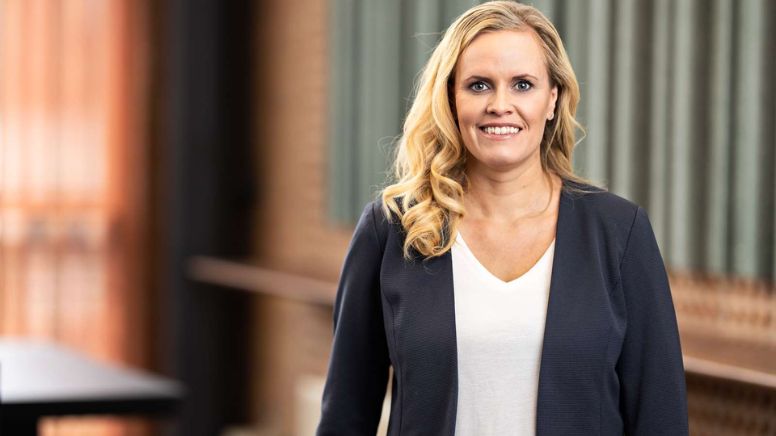Has your union representative made a difference for you and your colleagues? Then you can say thank you by nominating them for the Union Representative of the Year award.
News
Standstill in enrolment in engineering programmes raises concerns

With almost a deadlock in admissions to engineering programmes, Denmark does not come close to being able to meet the enormous demand for these subject groups.
This is the opinion of IDA's President Laura Klitgaard, on the basis of this year's report from the Ministry of Education and Research, which shows that the number of young people admitted to one of the country's engineering programs is virtually stagnant.
Compared to 2023, two fewer people have been admitted to the civil engineering programme, 124 more, corresponding to four per cent, have been admitted to the diploma engineering programmes, and at the IT University, there is a decline of four per cent in admissions.
Overall, there is a very black cloud that is moving in over the country, and there is cause for concern, Laura Klitgaard believes.
"Danish companies are already desperate for labour in these fields today, and are prepared to fill positions by headhunting among each other's staff. With the impending green transition and the extensive digitisation of the entire society, the demand for engineers and IT graduates will only increase in the next several years," she says.
Civil engineering is this year the most sought-after higher education degree, diploma engineering is number four, and in general there are more applications for the STEM programmes. Therefore, the admission figures make no sense at all, believes IDA's president.
"The problem is that the number of seats in the lecture halls does not keep up with the high number of applicants when the shortage is so obvious. The right thing to do would be to offer study places for all qualified applicants. Unfortunately, we're moving in a completely different direction. From 2025 to 2029, the university reform and a so-called sector dimensioning mean that all universities will have to admit 10.2 percent fewer students annually on average, which does not make sense," says Laura Klitgaard.
According to a forecast prepared by the IRIS Group and IDA, in 2030 Denmark will lack 13,000 educated graduates in the fields of engineering, technology and IT. In addition, there is a shortage of 7,000 people with a medium-term technical or IT education.